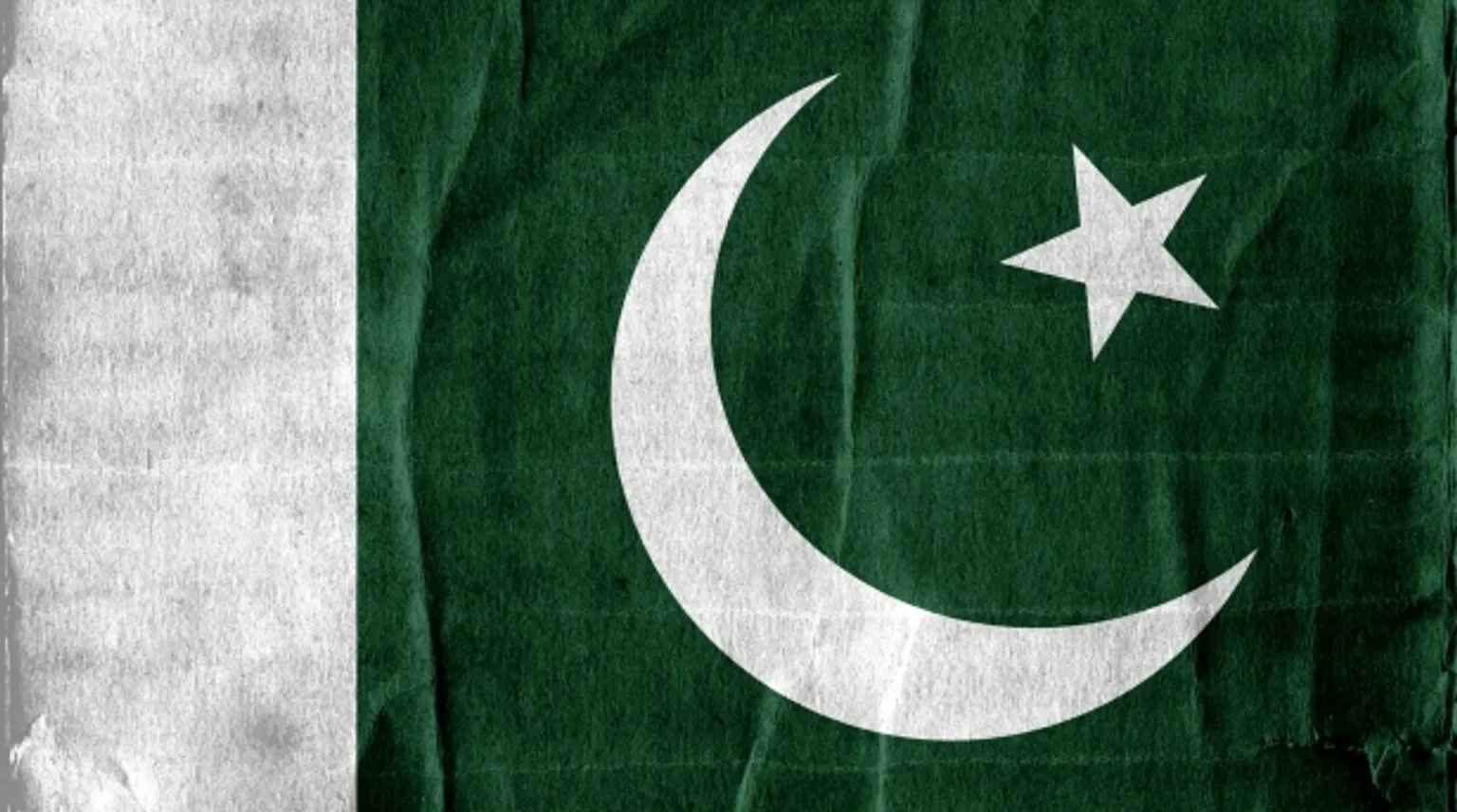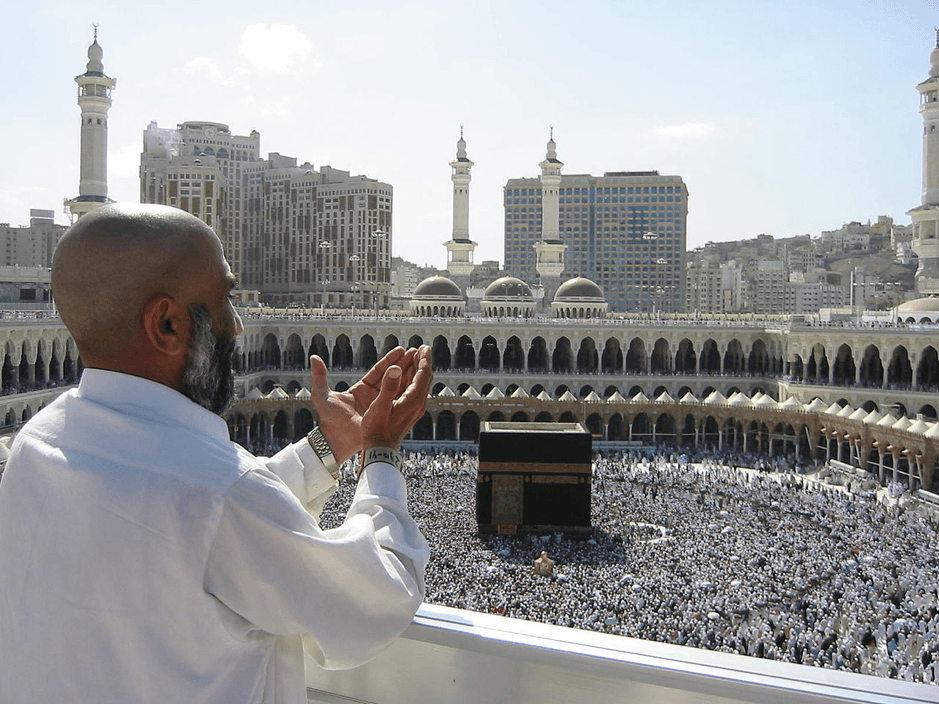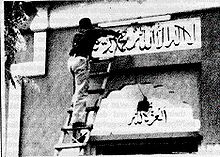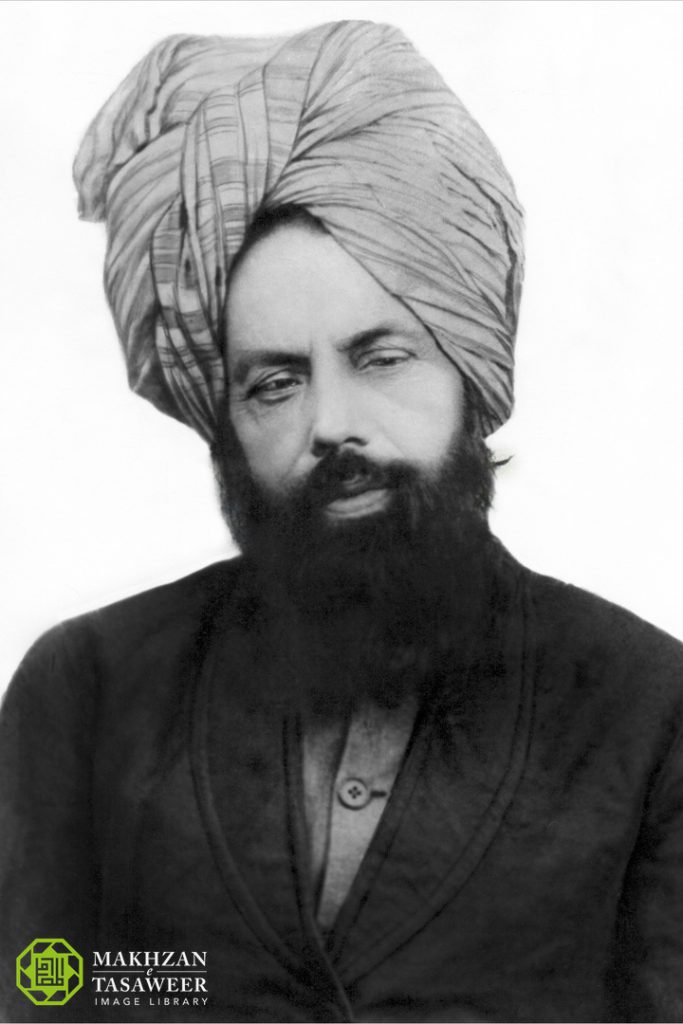Are the anti-Ahmadi Laws of Pakistan Un-Islamic?

by Missionary Sharjeel Ahmad
The Criticism
Followers of the Ahmadiyya sect are not Muslim because they were declared outside the fold of Islam in 1974 by a democratically-elected government, which also serves as a consensus of the Muslim ummah at large.
The Right to the Call Oneself “Muslim”
There is a fundamental difference in the position of the non-Ahmadi Muslims and Ahmadi Muslims vis-a-vis each other. While Ahmadi Muslims accept the right of others to call themselves Muslim, whether Ahmadis accept them to be or not, many non-Ahmadi Muslim individuals and indeed governments, as in the case of many Arab states and Pakistan, believe that Ahmadis should not have the right to call themselves Muslim or categorise themselves as such. The distinction should be noted.
To begin with therefore we should ask the question: who has the right to call themselves a Muslim? If this question is answered, we can then hone in on whether the position of the Pakistani state vis-a-vis Ahmadis is Islamically justified.
If we read the Holy Quran carefully, we will come across the following verse of the Quran:
The Arabs of the desert say, ‘We believe.’
Quran 49:15
This is a declaration made by the bedouin Arabs about their own faith. However, Allah the Almighty then immediately contradicts them, stating:
Say, “You have not believed yet; but rather say, ‘We have accepted Islam,’ for the true belief has not yet entered into your hearts.”
Quran 49:15
This is a very interesting verse and gives us food for thought. The Arabs of the desert may claim that they have believed, however, as Allah the Almighty is All-Knowing and All-Aware, He knows that true and sincere faith has not yet entered their hearts. Despite this, the Holy Prophet(sa) has not been given permission to declare them non-Muslim, rather, they still retain the right to say that, “We have submitted”, also meaning “We have accepted Islam” or “We are Muslim”. Thus, they have the right to call themselves Muslim while God Himself testifies that they are not Momin (believers).
Keeping this fundamental instruction in mind, when the Holy Prophet Muhammad(sa) asked for a census to be taken in Medina, the instruction he gave is something all Muslims should contemplate upon, especially those that claim to be the guardians of the faith:
It is narrated by Hazrat Huzaifa(ra) that the Holy Prophet(sa) said, “List the names of those people who have announced that they are Muslims.” So, we listed one thousand and five hundred men.
Sahih Bukhari 3060
The instruction was simply to write down all those people who claim that they are Muslim, as Muslim. No second question was inquired, as to what their belief in the Day of Judgment was, or if they have taken part in Jihad, or what they thought about the finality of Prophethood. Nothing of this sort was questioned. The criteria for recognising how many Muslims were present in Medina, was based merely on how many individuals professed themselves as Muslims. Nothing else.
Expounding on what the criteria is by which a person gains the right to call themselves a “Muslim”, the Holy Prophet(sa) once said:
“Whosoever prays as we pray, turns to face the same Qiblah as us and eats our slaughtered animals, that person should be considered a Muslim.”
Sunan an-Nasa’i 4997

In this statement, the Holy Prophet Muhammad(sa) very eloquently made it clear and simple for us as to who has the right to call themselves as Muslim, and be recognised as belonging to the Ummah. If someone prays as the Muslims pray, faces towards the direction of the Holy Ka’ba and eats out of the halal foods, that person has the right to call himself a Muslim.
If a so called ijma’ or a consensus has happened where all Muslim sects have levelled a fatwa against a particular sect, that fatwa would be considered unacceptable and invalid if it goes against the teachings of the Holy Quran and the Sunnah.
The Limit of Human Knowledge
Some may argue that though Ahmadis profess the Kalima and fulfil the criteria set out, they do so while secretly disbelieving in it. This also has been answered fully by the Holy Prophet Muhammad(sa).
In the time of the Prophet of Islam, Muslims were being killed for their faith. That was the reason for being persecuted. When Muslims were ultimately given permission to fight for their faith, they were taught by the Prophet of Islam that whoso professes belief in Islam is not to be fought. The reason was not because Muslims were killing non-Muslims because of their faith. Rather, because the Muslims were themselves being killed because of their faith, those who embraced their faith, would naturally have joined their side. How could a pagan, after professing belief in Islam, have continued fighting Muslims because of their new faith?
In one such battle where pagans were killing Muslims, a particular individual killed many Muslims. A companion, Usama bin Zaid(ra), entered into a duel with him and managed to overpower him. As soon as he was about to kill him, the pagan proclaimed, “La ilaaha ill-Allah,” the first portion of the Kalima, the Muslim credo. Usama bin Zaid(ra) assumed that as he knew that this was his final moment, he was only professing the Kalima to be saved from death. He therefore killed him regardless. Feeling that he may have done the wrong thing, he raised the matter with the Holy Prophet Muhammad(sa) regarding this matter. Usama bin Zaid(ra) himself narrates:
The Messenger of Allah(sa) sent us with a detachment to Al Huruqat. They learnt about us and fled away. But we found a man, when we attacked him he uttered “There is no god but Allah, still we struck him till we killed him.” When I mentioned it to the Prophet(sa) he said “Who will save you from (his declaration) “There is no god but Allah” on the Day of Judgment? I said “Messenger of Allah(sa), he uttered it for the fear of the weapon.” He said “Did you tear his heart so that you learnt whether he actually uttered it for this or not. Who will support you against “There is no god but Allah”? He kept on repeating this till I wished I would have embraced Islam on that day
Sunan Abi Dawud 2643
In other words, the Holy Prophet(sa) was extremely displeased at this action and repeatedly expressed his displeasure. He taught us that as our knowledge is limited we cannot criticize someone’s intentions on the basis of our own speculation. Therefore, if someone professes the Kalima and fulfils the criteria laid down by the Prophet Muhammad(sa) for entering into the Ummah, then no-one has the right to gainsay their declaration.

Allah the Almighty states in the Holy Quran:
And, surely, thy Lord knows what their bosoms conceal and what they reveal.
Quran 27:75
In other words, Allah’s knowledge has no bounds, however man’s knowledge is limited and has only been given that knowledge which Allah the Almighty Himself has bestowed upon on him.
Likewise, man has not been commanded to start judging for themselves what others are keeping in their hearts or what others are thinking about and their intentions. Indeed as the famous Hadith goes, “Deeds are judged by motives,” nevertheless no one has been given the authority to judge what they do not know.
The Spiritual Consequences of Takfir
Hazrat Khalifatul Masih IV(rh) expressed his views about how the government of Pakistan has taken the right from Ahmadis callings themselves Muslims in the following, powerful words:
“By this cruel conduct, the present government is trying to snatch away our rights [to call ourselves Muslims] while God, the Judge and the All-Aware, has told the Holy Prophet Muhammad(sa) that: ‘O Prophet! Even you cannot take away that right from anyone’. So we feel we have the right to ask the government of Pakistan: ‘How did you acquire this right?”
Hazrat Mirza Tahir Ahmad(rh): A Review of the Pakistani Government’s “White Paper”: “Qadiyaniyyat— A Grave Threat to Islam”
There are some people who claim that as the Ahmadis call all other Muslims kafir it is only right to call them kafir in return. This is a misleading statement.
Nowhere do Ahmadis refer to those who reject Hazrat Mirza Ghulam Ahmad(as) as non-Muslim in the sense of not belonging to the Ummah. Certainly, Ahmadis do not regard them as Momin, since they fail to recognise a Messenger of God, and therefore have committed kufr of an essential criteria of true belief. Their being “Muslim” in the actual sense, as defined by the degree of their fulfilment of the conditions of Iman (belief), is limited therefore, but that does not cast them out of the fold of the Ummah, nor does it strip them of the right of calling themselves “Muslim” and being generally recognised as such.
Indeed, the Prophet of Islam(sa) himself stated that one who neglects their daily prayers has committed kufr:
“The Messenger of Allah(sa) said: ‘The covenant that distinguishes between us and them is prayer; so whoever leaves it, he has committed Kufr.’”
Sunan Ibn Majah, Vol 1, Book 5, 1079
If one was to take the position that every person who commits an act of kufr may no longer be classed as Muslim, then most so-called Muslims in the world would have to be cast out of Islam. How many of those who regard themselves as Muslim have never deliberately neglected their prayers? Very few.
Thus, the Ahmadi position is consistent; Ahmadis never regard others as non-Muslim in the sense of not belonging to the Ummah of Muhammad(sa), and not having the right to call themselves Muslim, if they fulfil the basic criteria set out in Sunan an-Nasa’i: praying as Muslims do, facing the Qiblah in prayer and eating from meat slaughtered by Muslims.

In this vein, the Promised Messiah(as) states:
Can any maulavi, or other among our opponents, or a custodian of any shrine, prove that I was the first to declare them disbeliever? If there is any such document or announcement or book which I have published before they declared me a disbeliever, let them bring it forward. Otherwise, let them ponder how unjust it is that, having issued the fatwa of kufr themselves, they are blaming me that I have declared all Muslims to be disbelievers.
Hazrat Mirza Ghulam Ahmad; Haqiqatul-Wahi, p. 143
In fact, the Holy Prophet(sa) has categorically stated that:
If a man says to his brother, O Kafir (disbeliever)!’ Then surely one of them is such (i.e., a Kafir).
Sahih al-Bukhari 6103
The meaning of this is that if the person to whom the epithet of “kafir” is addressed is not, in God’s eyes, a kafir, then the one who has pronounced it, by virtue of that pronunciation, has become one. In light of the above mentioned Hadith and in regards to the issue of declaring a Muslim a disbeliever, the Promised Messiah(as) wrote:
This is a matter of Sharia. Anybody who calls a believer as kafir becomes a kafir himself. Therefore, since 200 maulavis declared me a kafir, and applied the fatwa of kufr upon me, the natural consequence—fully supported by their own fatawa is—that someone who addresses a believer as kafir becomes a kafir, and similarly, someone who declares a kafir as believer also becomes a kafir.”
Hazrat Mirza Ghulam Ahmad; Haqiqatul-Wahi, p. 203
Let those who take the position of takfir against Ahmadis, who profess the Kalima, and profess full belief in all the valid meaning of the term Khatam-an Nabiyeen, ponder over the consequences of the declaration by all the sects of Sunni and Shi’i Islam, that Ahmadis are “non-Muslim”.
More articles
Contact
National Outreach Department:181 London Rd, Morden SM4 5PT, U.K.
Email: [email protected]Phone: 0208 6877804
@ 2025 Ahmadiyya Muslim Community, All Rights Reserved.